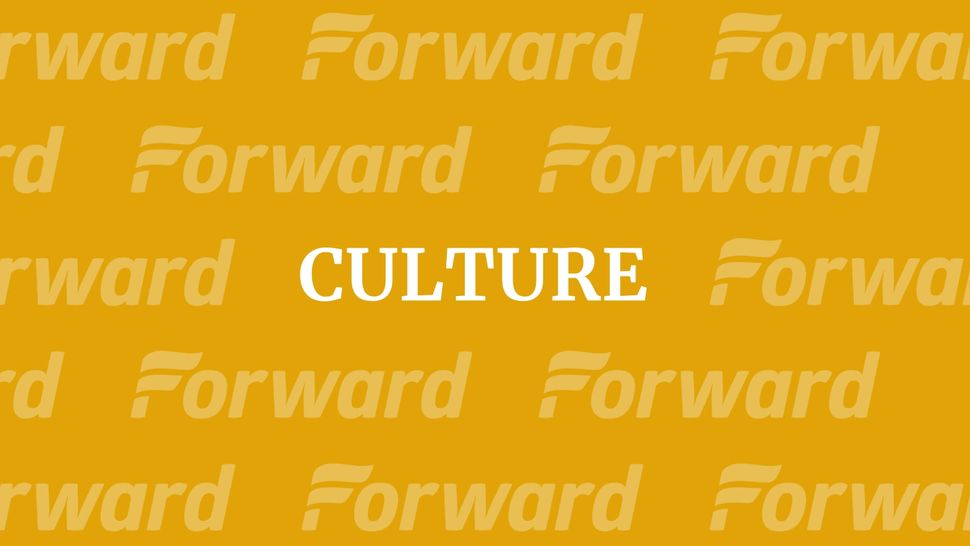USDA Gives $1.2 Billion Food Donation To The Hungry – But 45% Of It Is For Pork

Volunteers prepare food at Masbia Food Kitchen Image by Masbia Soup Kitchen
As trailers and trailers of soybeans, sorghum and pork pull up to the Food Bank For NYC’s enormous Bronx Warehouse, kosher soup kitchen owners are gnashing their teeth at the lack of kosher commodities. In August 2018, the USDA spent 1.2 billion dollars in commodity foods “to assist farmers in response to trade damage from unjustified retaliation by foreign nations,” as they wrote in the press release. Translation: the USDA is assisting farmers who have been affected by the president’s trade wars.
“The President has taken action to benefit all sectors of the American economy – including agriculture – in the long run,” said U.S. Secretary of Agriculture Sonny Perdue. “It’s important to note all of this could go away tomorrow, if China and the other nations simply correct their behavior. But in the meantime, the programs we are announcing today buys time for the President to strike long-lasting trade deals to benefit our entire economy.”
But the USDA isn’t assisting everybody. While many New Yorkers will get to eat, needy kosher and halal observers will have to take care of their own. The $1.2 billion will be offloaded in The Emergency Food Program (TEFAP) throughout the country, and within New York, given out to food banks through nonprofit Food Bank for NYC. Food Bank For NYC has been planning how to distribute the excess food, but there is one place the excess food cannot go to. If one were to follow the trail of that federally allocated $1.2 billion, one would find that nearly half the budget was used to purchase pork.
“That means only 50% of this windfall can be kosher,” said Alexander Rapaport, owner of kosher soup kitchen Masbia, one of the only kosher soup kitchens in New York. “And from the other half, chances are that many of the food will not have a certification, and therefore not usable for kosher observers.” The remaining items, like figs, grapes and hazelnuts, are not exactly fit for a dinner for someone looking to be fed by a soup kitchen.
Rabbi Abba Cohen, the Washington Director of Agudath Israel of America, previously worked on the 2012 FARM bill, which included a provision to increase accessibility of kosher food to emergency food providers. “What we have seen in TEFAP since that FARM bill is a greater sensitivity on the agency’s part to the unique needs of kosher food pantries,” he wrote in an email, adding that more and more kosher certified proteins and canned goods were finding their ways to places that needed them. “The current emergency food allocation is a unique occurrence coming as a result special circumstances. There is certainly no ill intent here.”

Chart by Shira Feder, Data from USDA. Image by Shira Feder
Shira Feder is a writer. She’s at [email protected] and @shirafeder
A message from our Publisher & CEO Rachel Fishman Feddersen

I hope you appreciated this article. Before you go, I’d like to ask you to please support the Forward’s award-winning, nonprofit journalism so that we can be prepared for whatever news 2025 brings.
At a time when other newsrooms are closing or cutting back, the Forward has removed its paywall and invested additional resources to report on the ground from Israel and around the U.S. on the impact of the war, rising antisemitism and polarized discourse.
Readers like you make it all possible. Support our work by becoming a Forward Member and connect with our journalism and your community.
— Rachel Fishman Feddersen, Publisher and CEO























